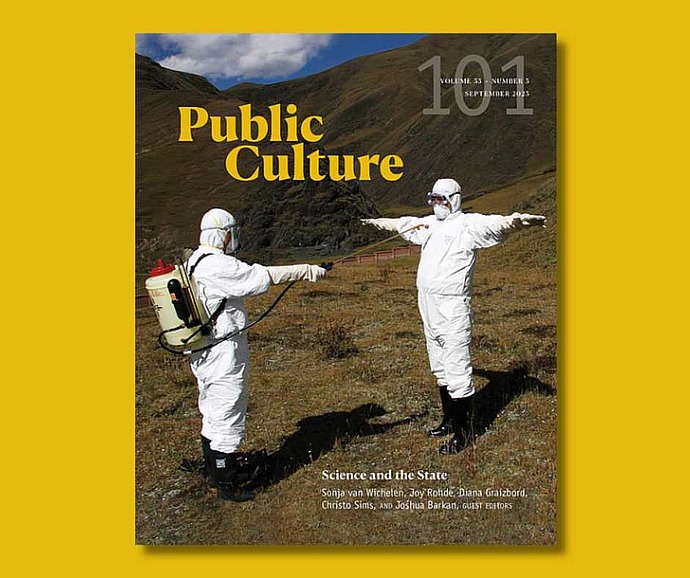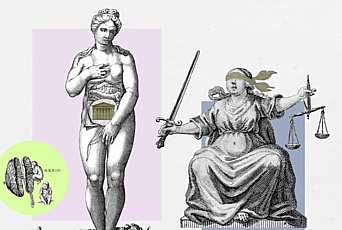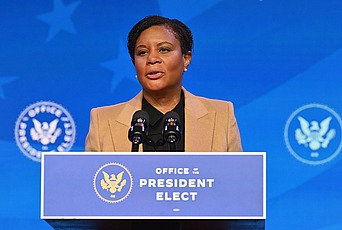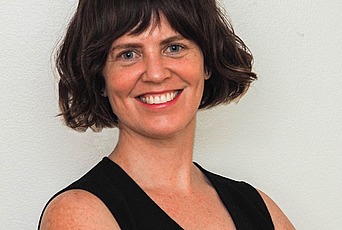
IAS Scholars Join Forces for "Science and the State" Special Issue
Sonja van Wichelen, Joy Rohde, Diana Graizbord, Christo Sims, and Joshua Barkan, all past IAS Members from the School of Social Science, have edited a special issue of Public Culture titled "Science and the State." The papers arise from the 2020–21 School of Social Science theme seminar of the same name, led by Alondra Nelson, Harold F. Linder Professor in the School, and Visiting Professor Charis Thompson, who are also coauthors of the special issue’s introductory essay.
During the Science and the State seminar—an academic year of research and collaboration—School of Social Science Members interrogated the theoretical, historical, and contemporary significance of the origins, transformations, and sociopolitical consequences of different configurations of science, technology, and governance. This multidisciplinary collaboration comprised scholars working across the social sciences, including in sociology, anthropology, economics, history, political science, and geography. Their key questions included: How have states and governments supported, leveraged, and governed the sciences? And, in turn, how have the natural and social sciences influenced the structure, function, and legitimacy of states and governments?
Three cross-cutting arguments frame the special issue. First, that the state is not a single fixed entity but is multiple and multifaceted: "a web of interactions between agencies and actors with different and sometimes conflicting interests." For example, historian Waqar Zaidi shows how the twentieth century emergence of aerial networks in civil aviation required fixed conceptions of the state and often extended state power. At the same time, he argues, the dynamics of flight, the expanse of airspace, the need for common technical standards, and the realities of geopolitics, transcended borders and governments.
The issue’s second thesis is that scientific research and claims are leveraged in a variety of different ways across bureaucracy, governance, and local politics, operating "differentially within distinct parts of the state and among different states." Sarah E. Vaughn, for instance, documents the contested multilateral financing of climate governance and its diverse moral underpinnings, while Ryo Morimoto’s rendering of the 2011 Fukishima nuclear accident reveals it as not simply a "region-specific concern" sited within Japan. Instead, he argues that it raises broader global concerns about science and uncertainty.
A final framing argument is that the social and human sciences offer crucial perspectives on our broader understanding of the "relationship between expert knowledge, states, and publics." Bringing social science scrutiny to bear on governments’ use of science, Magdalena Malecka traces how behavioral science has been taken up by states as "nudge" policy and argues that this policy turn "is not substantiated in behavioral research.” Rather it is animated by “the imaginary of behavioral governing."
The special issue contributors, who also include past School of Social Science Members Florence Jany-Catrice, Jacob G. Foster, Emmanuel Henry, and Nikolas Kosmatopoulos, demonstrate that "science" and the "state" should not be conceptualized as "two coherent interacting entities, but as interwoven with other dynamic factors of public life." They also engage with debates about artificial intelligence, social inequality, risk, colonization and decolonization, technological development, globalization, and the production of knowledge.
The special issue of Public Culture is open access and available to read via the Duke University website.


